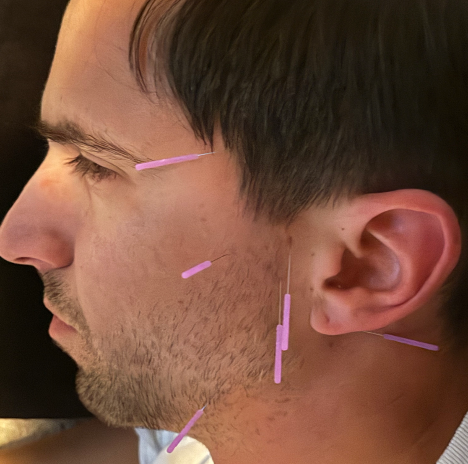Temporomandibular joint (TMJ) dysfunction, often referred to as TMJ syndrome or TMJ disorder, can cause a range of symptoms including jaw pain, clicking or popping noises when opening or closing the mouth, difficulty chewing or speaking, and headaches.
A physical therapist specializing in TMJ dysfunction will begin by conducting a thorough evaluation to assess the underlying causes of your symptoms. This may include a physical examination of the jaw joint and surrounding muscles, as well as an assessment of your posture, neck mobility, and oral habits.
